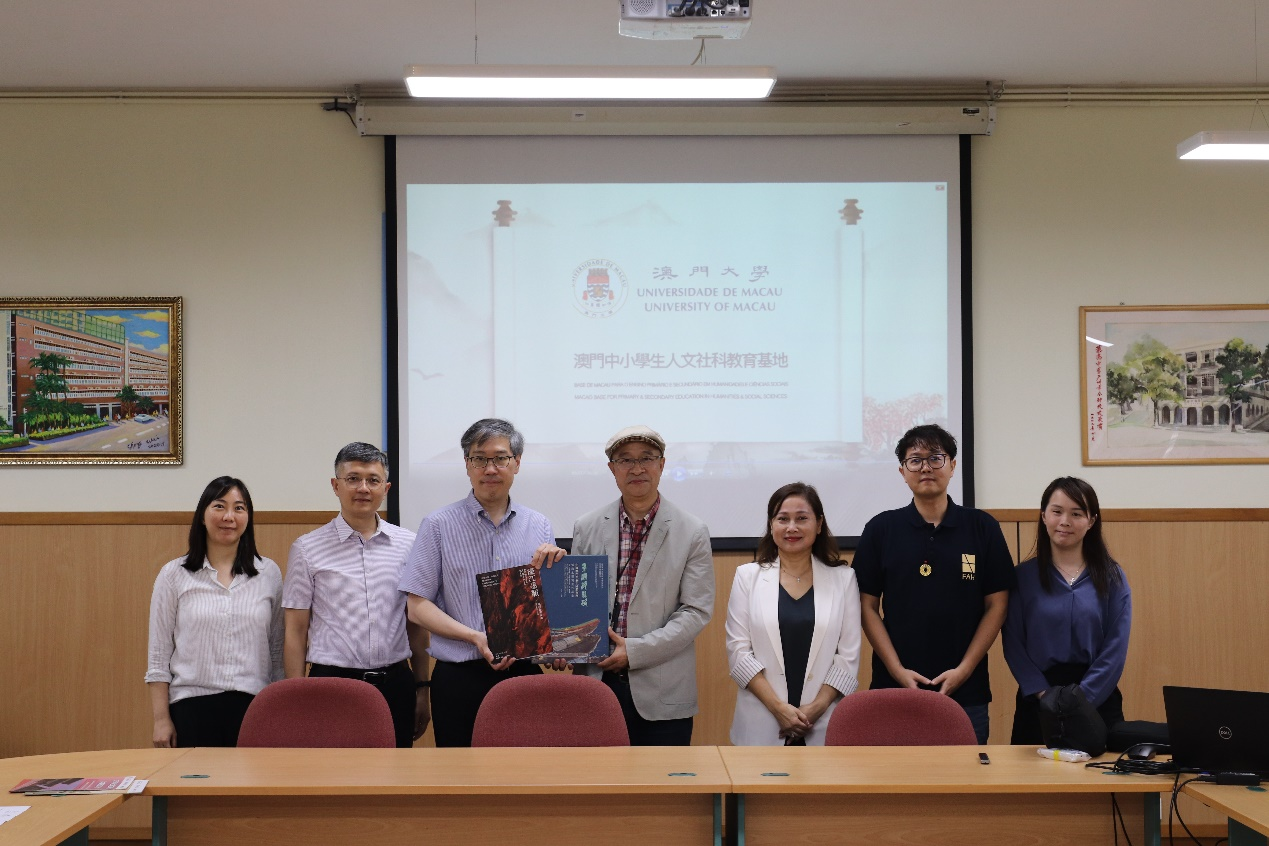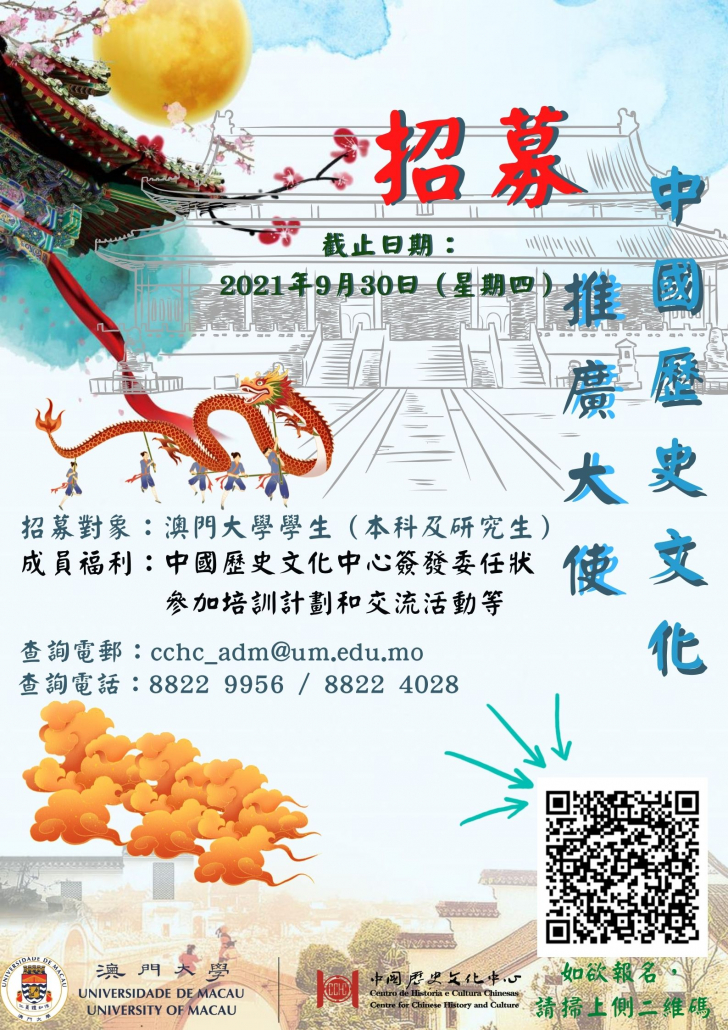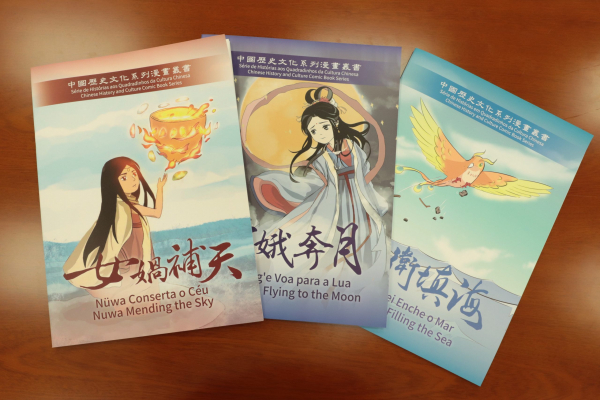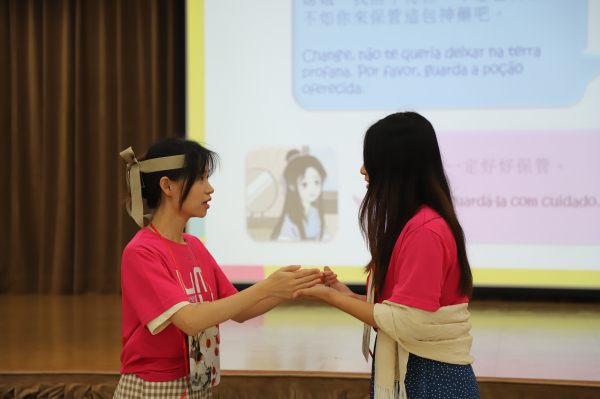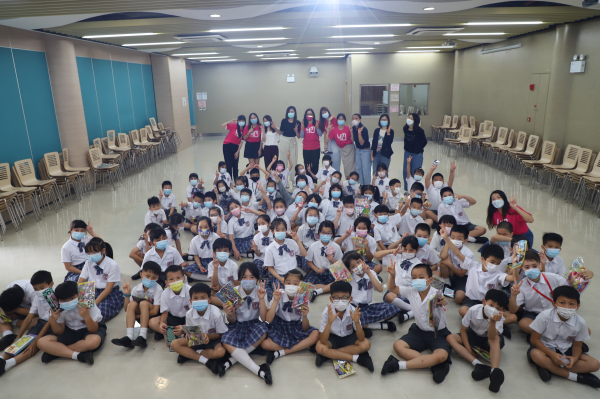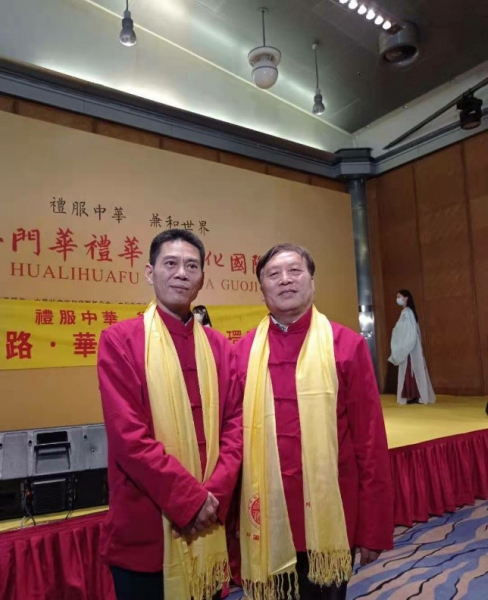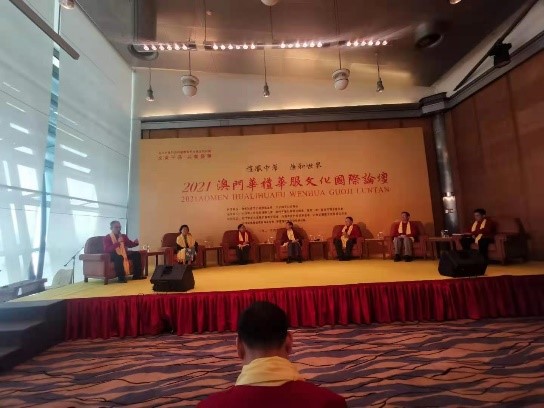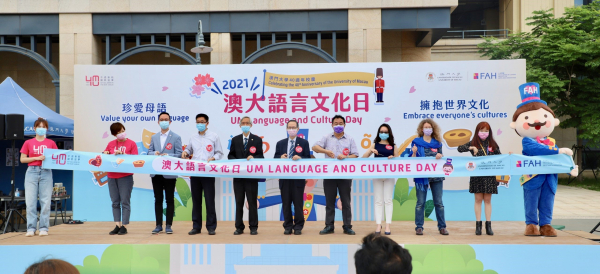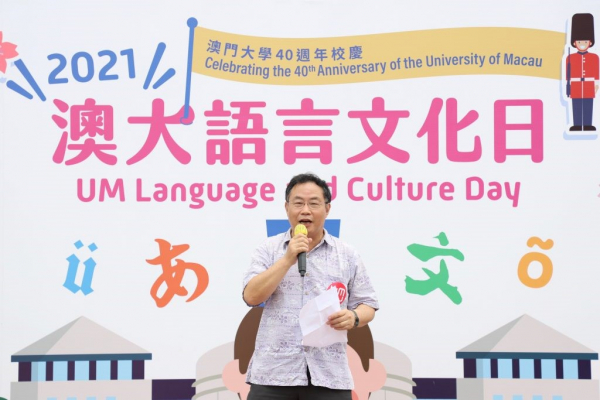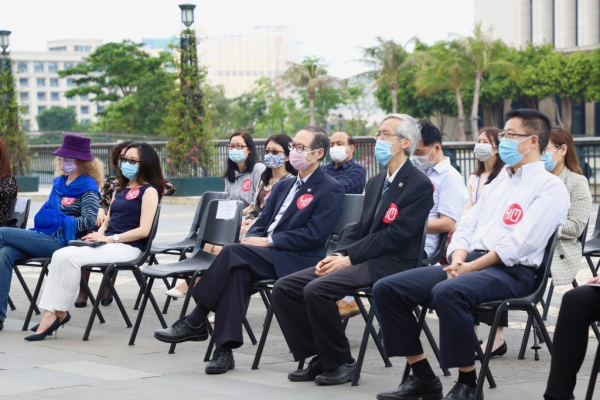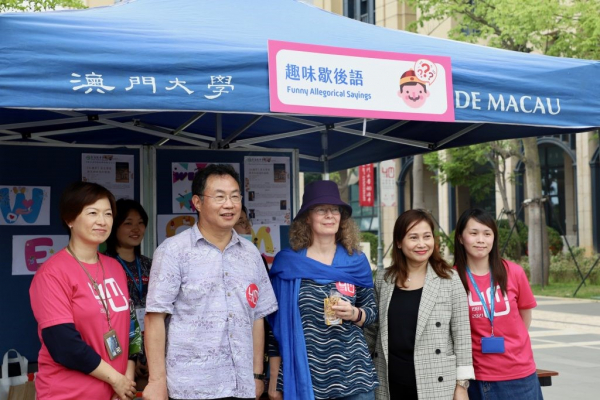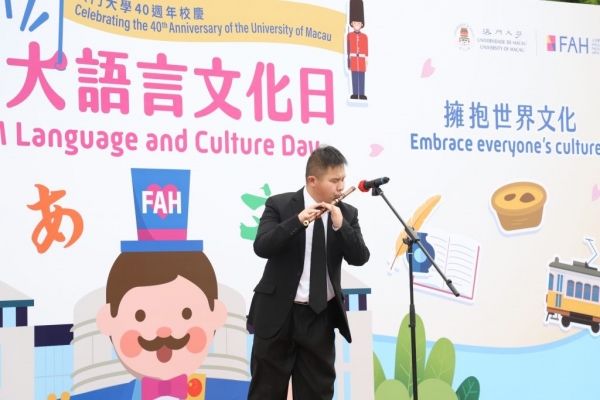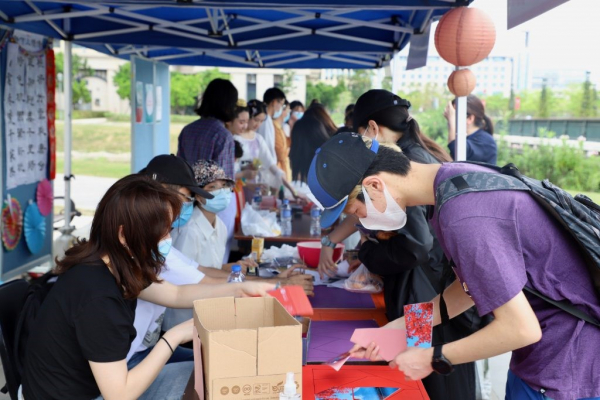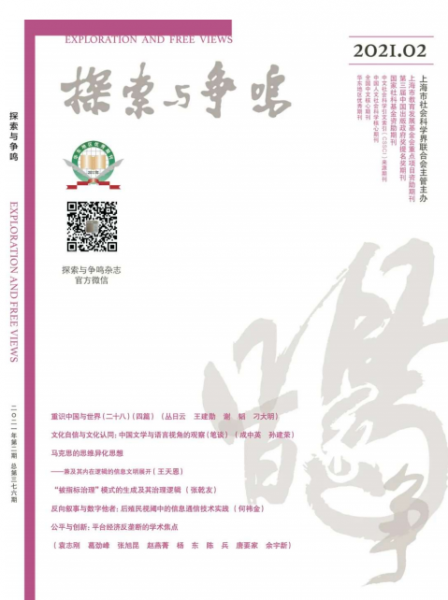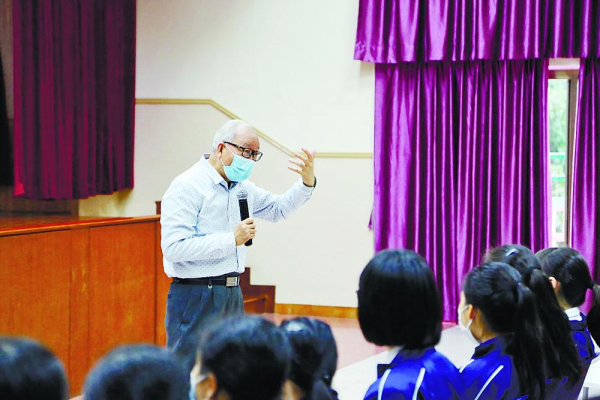The Centre for Chinese History and Culture of the University of Macau Visits Eleven Schools to Build a New Platform for Chinese Historical and Cultural Education
From June 3 to 13, 2025, Dr. Cheang Neng Ian, Deputy Director of CCHC at the University of Macau, along with Principal Administrative Officer Ms. Leona Kuan, led a team to visit eleven schools, including Colégio Diocesano de São José, Cinta Escola (Chinese Section), Colégio Dom Bosco (Yuet Wah) (Chinese Section), Yuet Wah College, Our Lady of Fatima Girls’ School, Sacred Heart Canossian College (English Section), Sacred Heart Canossian College, Macau Kung Luen Vocational & Technical Middle School, Education and Health School, Kao Yip Middle School, Escola Dom João Paulino, Escola da Associação Geral das Mulheres de Macau, and The Affiliated School of the University of Macau. The discussions focused on topics such as the inheritance of Chinese culture, patriotic education practices, and collaborative teaching resources, injecting new momentum into the cultural literacy enhancement of Macau’s youth.

Colégio Diocesano de São José, Cinta Escola (Chinese Section)
1. Focus on Multidimensional Cooperation Highlights
To deepen patriotic education, the CCHC initiated a “Red Culture Investigation” activity, taking advantage of the 80th anniversary of the victory in the War of Resistance. This innovative multi-school cooperative model aims to promote inter-school interaction and resource sharing. All eleven schools actively responded, expressing their commitment to participate in the work of inheriting Chinese culture and strengthening the patriotic foundation of youth on campus.

Colégio Dom Bosco (Yuet Wah)
2. Support for Teacher Professional Development
The Centre plans to build a shared platform for historical teaching resources, promising to provide rich educational materials and teacher support. It will also regularly organize teaching training and case-sharing workshops to help enhance the cultural communication skills of grassroots teachers.

Yuet Wah College
3. Innovative Cross-School Collaboration
The Centre plans to continue launching themed cultural lectures, inviting students from various schools to participate. Representatives at the meetings believe that such activities can stimulate students’ critical thinking through historical hot topics. This concept has not only been recognized by ten schools but will also receive joint planning support from various institutions, creating a positive ecosystem of “multi-party participation and co-creation.”

Our Lady of Fatima Girls’ School
4. Outlook for Future Collaborative Development
This series of visits aims to build a cultural education network characterized by “one school, one feature.” With the core idea of “resource sinking and dual empowerment,” it promotes deep collaboration between universities and primary and secondary schools. Representatives from the eleven schools reached a consensus: through joint curriculum development, shared teacher training, and co-hosted activities, they will effectively consolidate the cultural educational synergy in Macao, laying a foundation for nurturing a new generation with both an international perspective and cultural confidence.

Sacred Heart Canossian College (English Section)
The expansion of this cooperative framework marks a shift from isolated breakthroughs in Chinese cultural education in Macao to systematic collaboration, providing a practical model for building a humanities bay area in the Guangdong-Hong Kong-Macao Greater Bay Area.

Sacred Heart Canossian College

Macau Kung Luen Vocational & Technical Middle School

Kao Yip Middle School

Escola Dom João Paulino

Escola da Associação Geral das Mulheres de Macau

The Affiliated School of the University of Macau

